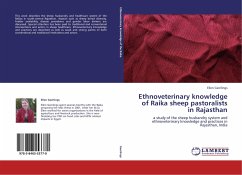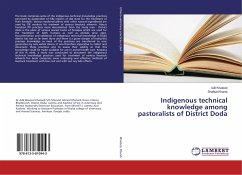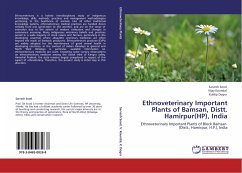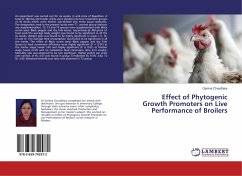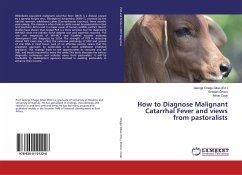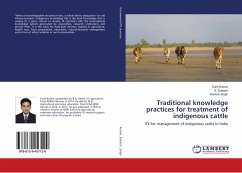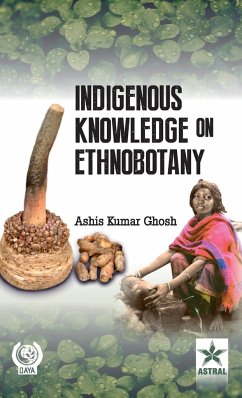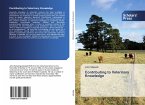This work describes the sheep husbandry and healthcare system of the Raikas in south-central Rajasthan. Aspects such as sheep breed diversity, fodder availability, disease prevalence and gender labor division are discussed. Special attention has been paid to traditional and conventional interventions and actors in sheep healthcare. Ethnoveterinary knowledge and practices are described as well as weak and strong points of both conventional and traditional institutions and actors.
Bitte wählen Sie Ihr Anliegen aus.
Rechnungen
Retourenschein anfordern
Bestellstatus
Storno

